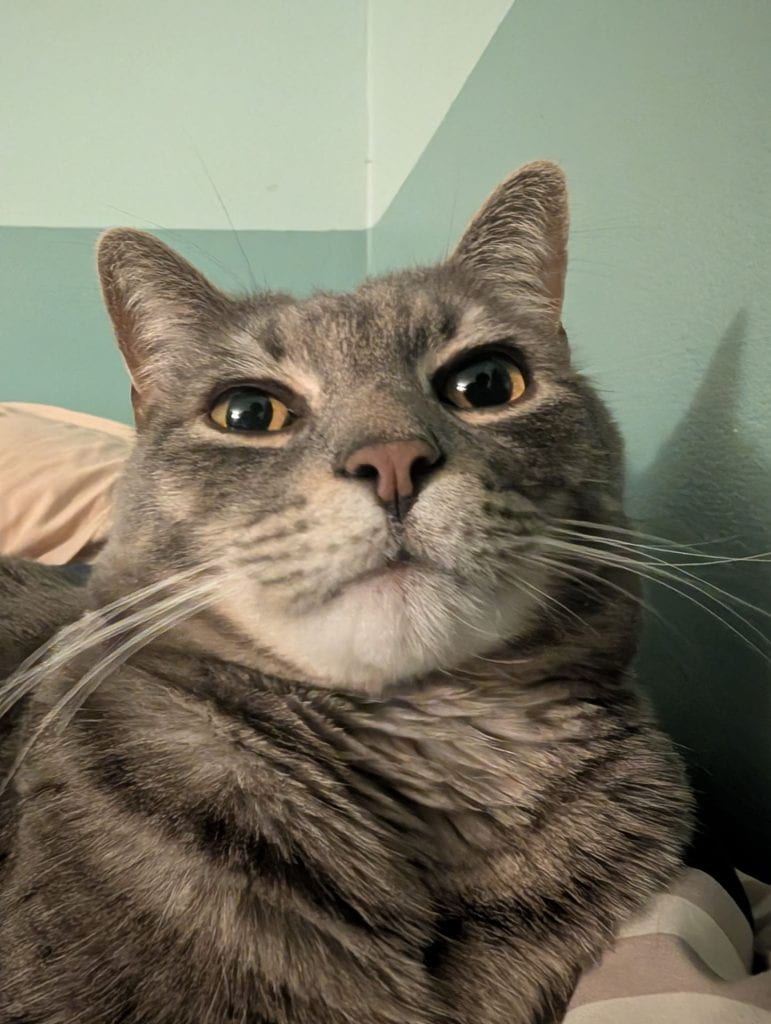There is no one correct answer to the meaning of life. The meaning of life is something which changes from person to person, and culture to culture. Many find meaning through religion and the belief of an afterlife while others can find meaning through how much they enjoy their time on earth. Personally, I find meaning in my own life through how much I can enjoy it and the impact I’ve had on other people, but as with everything in this world, I am sure that my beliefs will change over time. Figuring out if a life has value is also different for every person, but many people consider a person’s actions and impacts on the people around them to be an important factor in judging how valuable someone’s life has been. In the end, judging if a person’s life is valuable is a difficult task because that person may have had very different values than you did.
By the end of my life I want to have started a family, gotten married/experienced love, traveled around the world, continued to learn new things, and owned a house. I realize that these goals aren’t the most unique but I’m sure my list will drastically change in the next 10 years because I’ll learn more about what I value.
Starting a family is important to me because it is one of the most fulfilling and important experiences someone can have. Being a parent is a difficult yet rewarding experience because it is one of the biggest impacts you can have on someone’s life. Being a parent also allows you to have a very close bond with your children and helps you become a more understanding and responsible person in general. Raising a child is important to humanity because I would hope that my child helps the people around them and has a positive impact on the world.
Love is one of the most important and strongest emotions that a person can have. Spending the rest of your life with someone is something that requires a strong connection which is what every human ultimately desires. Getting married is one of the first steps in starting a family which is what I want to do as I described above. This is also valuable for humanity because at the end of the day every human desires relationships with people which is what I hope to achieve.
I’ve always loved traveling. It’s a unique experience in which you get to immerse yourself in the cultures and traditions of other countries while simultaneously sharing your own culture and experiences with other people. For example, traveling to where my parents were born and meeting my relatives has allowed me to connect with my culture and learn to be proud of it. Additionally, I’ve always found it interesting how unique people’s experiences are, and traveling around the world allows me to meet new people and listen to their stories. This goal is helpful to humanity because it allows for an exchange of cultures, a vital aspect of society.
I never want to stop learning. I want to continue to learn about the world around me after college, after retirement, and during the rest of my life. Humans are naturally curious, it is an important part of who we are which is why I hope to learn everything I want before I die. Learning about the world is one of the things that motivates me to get out of bed whenever I wake up in the morning and I hope my curiosity never dies.
Most of my happiest memories come from my house and when I get older I would eventually like to own a house. Even though this goal is materialistic it serves as a marker for my own success because it proves to myself that all the work I did paid off. I also want to have a nice backyard and maybe even a garden because I think it would be fulfilling.
I would like to be remembered as someone who possessed the quality of humility. I find humility to be a beautiful thing because it shows that we are imperfect creatures. Everyone has their limits and there are things which we sometimes do not know. Practicing humility allows one to put others before themselves and to realize/accept our imperfections which in turn allows us to live a more fulfilling life. Humility also allows one to put aside their pride and form real bonds with people which makes it a quality i want to possess
